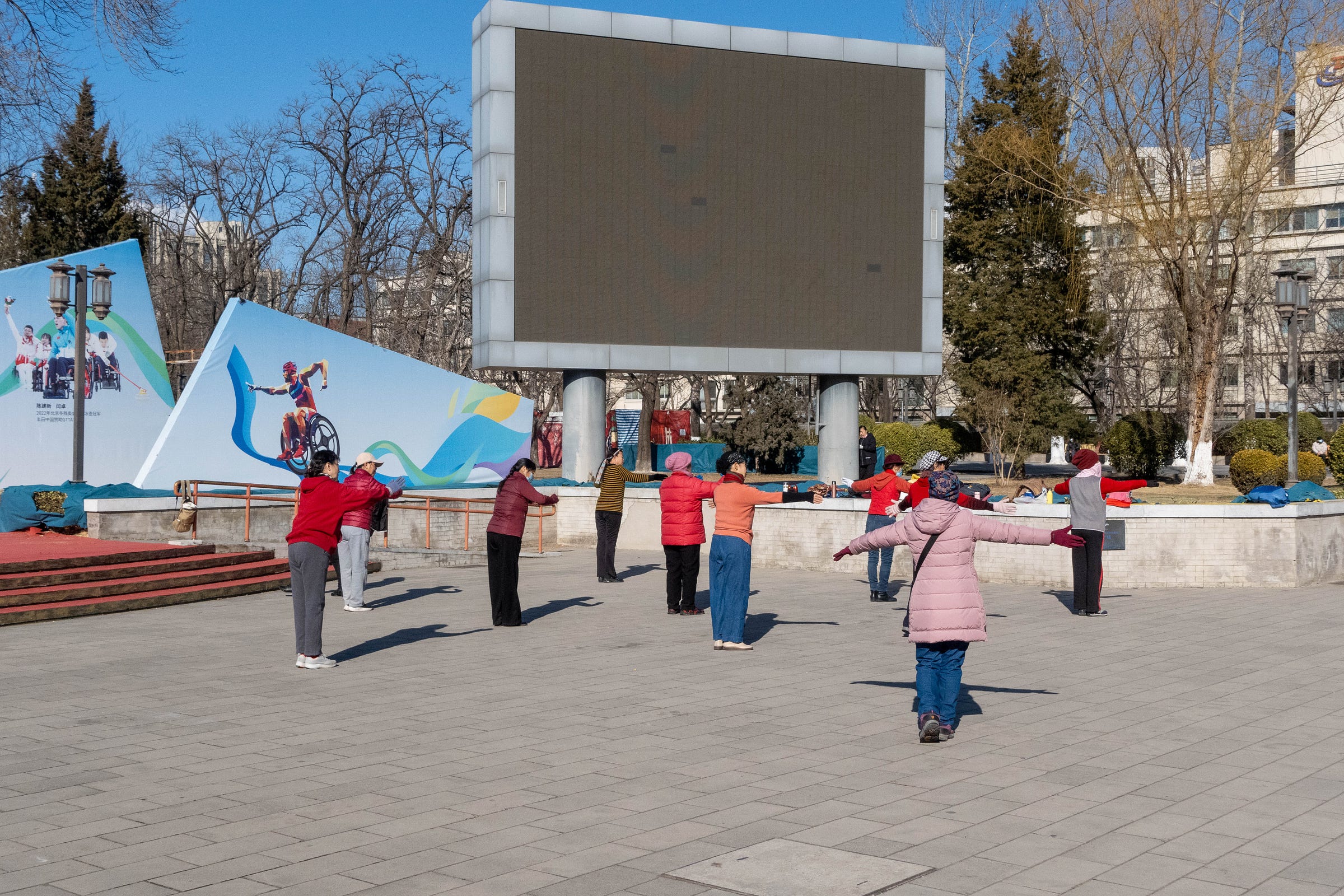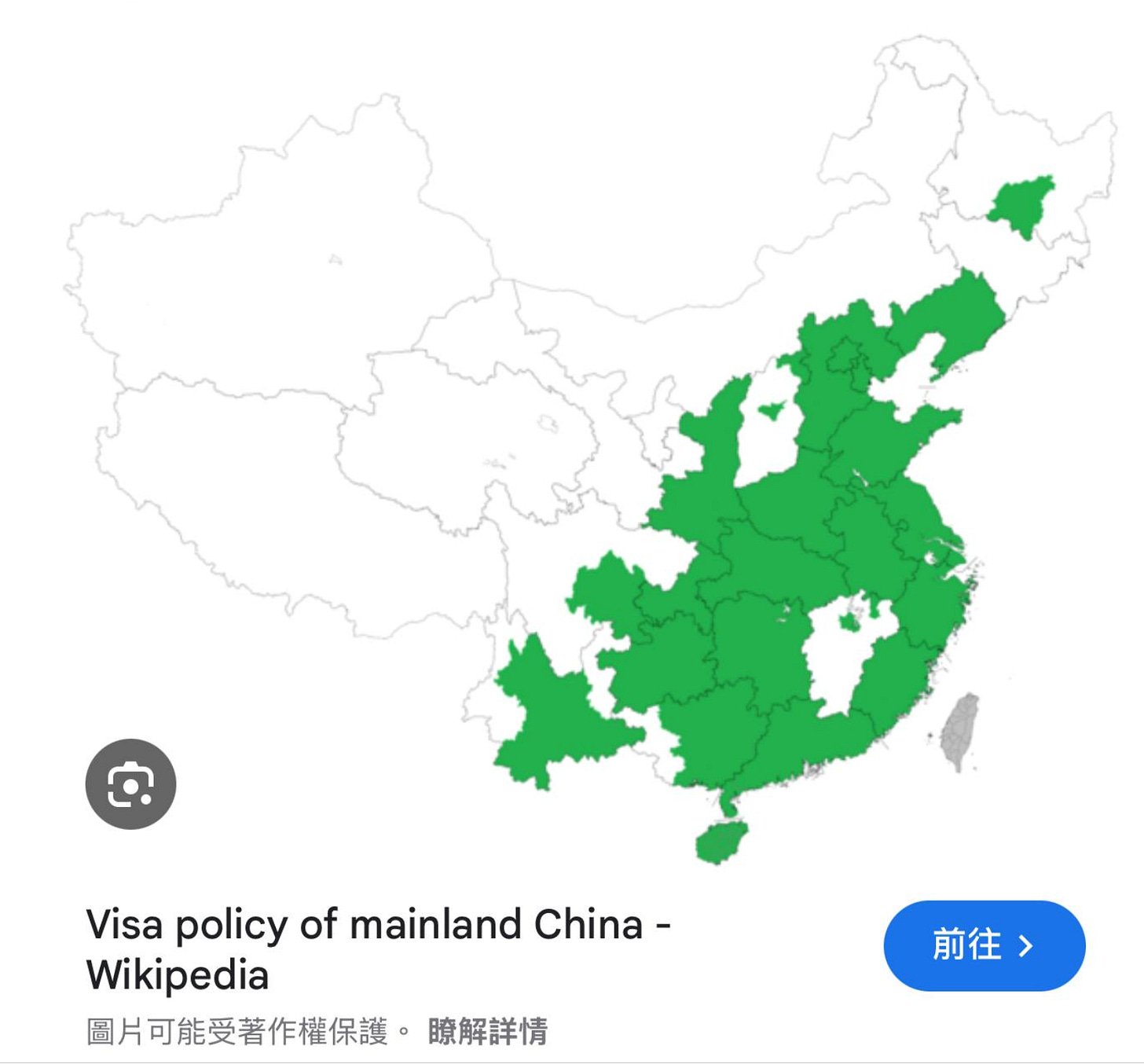Beijing versus Shanghai, Pastoralism as key to civilization, and why I travel (again)
A grab bag of thoughts from between trips
I taped a conversation with Tyler Cowen last week1 and the first question he asked me was whether I preferred Shanghai or Beijing and I had no answer. It was an appropriate question since I was still jet lagged from having just come from Asia, but what struck me the most during my two short times in China is how much everything seemed the same. I wrote about that bland ubiquity after walking both cities, which I see as an intentional leveling: A uniform modernity which seems to be one of the goals of the CCP, which I’ve likened to the guardian class in Plato’s Republic, who are playing a real world version of SimCountry, directing, managing, and tweaking almost every aspect of Chinese life. One of their primary goals has been to replace the traditional, which they see as messy, embarrassing, and impoverished, with a landscape that is wealthier, but which to me has all the soul and flair of a corporate business park.
This isn’t so much a judgement as an observation. Given China’s past of poverty, tragedy, and hardship, I understand its desire for a more refined, sanitized, and conventional modern lifestyle. The safety, well-being, and economic flourishing of Chinese citizens is a billion times more important than my tourist’s desire for quaint historical character, and they have delivered that. Regardless of what else you think about China and the CCP, it should be acknowledged how impressive the last forty years of stewardship have been, with the wealth of citizens having grown almost thirty times, lifting hundreds of millions out of poverty.
Yet despite the outward similarities between Shanghai and Beijing, I am sure there are differences, and that their opacity is as much about me as it is the built landscape. Walking a city as I do, trekking fifteen miles from the outer beltway to downtown repeatedly, isn’t always the best way to understand its culture, and China’s outward uniformity makes this limitation even more apparent."
Still, part of me is stubbornly sticking to my thesis that China is culturally homogeneous, certainly more than other large countries, especially those outside of Asia, which as a continent has a tendency towards uniformity compared to Europe and the Americas.
Chinese conformity isn’t surprising since one of the CCP’s stated goals is to achieve widespread shared prosperity. Uniformity, not division, is what the CCP understands as China’s strength, and hence, any groups hanging on to past ways, especially ones very different from the modal, are an embarrassment. That is a very different way of imagining the public good, one that we in the West, since the Enlightenment, have linked to the protection and expansion of individual rights, with the primary goal being the flourishing of the self, even if that means it is at odds with the flourishing of the wider community.
I am not blind to the problems of the CCP, and I am certainly not so dogmatic as to pretend this approach hasn’t come with huge issues, but I also believe the party isn’t simply cynical hypocrites consumed by a desire for power. They really do have a different understanding of the public good, at a deep philosophical level, and China’s growing economic might means that worldview cannot simply be dismissed as the ramblings of some bad guys. Western style constitutional democracy, with our emphasis on human rights (as defined by us), is an ideology, and when we say it is the highest form that other nations need to advance towards, we are making a claim on truth that a lot of the world doesn’t necessarily agree with.
China is very different, because of its internal similarities, and that is why it isn’t going away. The next decades of global politics will be framed as being about an economic and military competition between the US and China, but the ideological differences are as great as, if not greater, than those between the US and the Soviets. That is harder to see because the CCP isn’t your father’s Communist party, and for all practical purposes has adopted a market economy. They are, however, still committed to the communalism part of Communism, as well as the materialism part. That means they believe in an elite cadre selflessly managing society towards a communal shared good, which translates into conformity over individuality, national order and rights over personal expression — the nail that sticks out doesn’t get praise, but gets hammered down
As you can tell I am fascinated with China, so my next trip, starting in two weeks, will include eight days in Xi’an, which given the restrictions imposed by China’s ten day transit free visa program, is about as different as I can manage.
That visa-free program is wonderful, since getting a visa to China is intentionally complicated. The map above shows where you can visit. As Substack writer and reader of this blog
, Richard (who sent me this image) commented, “Many have said that this is the official list of where it’s a shithole in China” which I find funny because almost all the places I want to go, especially the far West, I can’t. At least not without jumping through a bunch of hoops.






